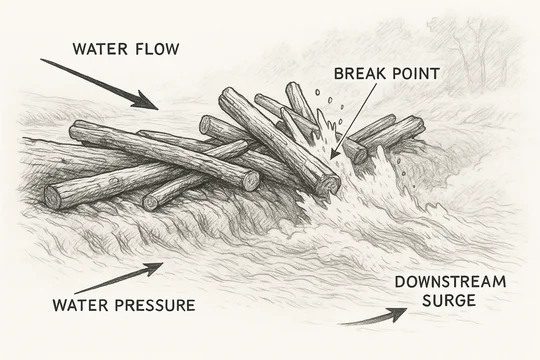
In rejecting a motion to amend a complaint almost two weeks ago (while we were indisposed), Judge Andrews held that a defendant's own importation under 35 USC 271(g) cannot serve as a basis for induced infringement:
Defendant argues Plaintiffs’ proposed amendment to assert induced infringement is futile, because Plaintiffs do not plausibly allege any of the three elements required for a claim of induced infringement – direct infringement, knowledge, and specific intent. . . . I find that because Plaintiffs have not alleged any acts of direct infringement by a third party in the United States, Plaintiffs have not stated a claim of induced infringement under § 271(b). . . . Plaintiffs’ argument that their allegation of infringement under § 271(g) can serve as the requisite underlying direct infringement for their claim of induced infringement is nonsensical. . . . Section 271(g) creates direct infringement liability for the importer/seller of goods manufactured using patented processes – not for the manufacturer. 35 U.S.C. § 271(g) (“Whoever without authority imports into the United States or offers to sell, sells, or uses within the United States a product which is made by a process patented in the United States shall be liable as an infringer . . . .”). Defendant cannot induce itself to infringe, and Plaintiffs have not specifically alleged that any of Nanosys’s foreign manufacturing partners act as U.S. importers or sellers. Therefore, Plaintiffs’ motion to amend to state a claim of induced infringement is DENIED.
The Court likewise rejected the idea that a defendant induces infringement by importing products made by other foreign manufacturers:
. . . Plaintiffs do not specifically allege that any of Nanosys’s manufacturing partners themselves import infringing products into the United States. Instead, Plaintiffs allege Shoei Chemical, Nanosys’s manufacturing partner, “manufacture[s] one or more of the Nanosys Quantum Dot Products on [Nanosys’s] behalf,” and “Nanosys sells and/or offers to sell within the United States one or more of the Nanosys Quantum Dot Products prepared by its manufacturing partner(s) . . . .” (Id. ¶ 30, 32).
Judge Andrews Also Continues to Reject Post-Suit Willfulness Absent Pre-Suit Conduct
Along the way, the Court also rejected yet another attempt to allege post-suit willfulness based on the filing of the original complaint.
Because Plaintiffs’ proposed amendments do not plausibly allege pre-suit knowledge, they are insufficient to state a claim of willful infringement, and therefore futile. Wrinkl, Inc. v. Facebook, Inc., 2021 WL 4477022, at *7 (D. Del. Sept. 30, 2021).
Judge Andrews also found unpersuasive the argument that a failed IPR provides a basis for post-suit willfulness:
Plaintiffs argue Wrinkl is inapposite because “here the SAC alleges that Defendant’s postsuit continuation of its pre-suit infringing behavior despite receiving the adverse PTAB decision makes its continued willful infringement particularly egregious.” (D.I. 97 at 7). I disagree. The reasoning relied upon in Wrinkl is no less applicable following a post-suit IPR proceeding where the PTAB did not find the challenged claims invalid. Wrinkl, 2021 WL 4477022 at *7 (explaining “willfulness based on post-suit knowledge is a black box” because “Defendants usually act on the basis of the advice of counsel once they are sued.”). PTAB’s findings related to validity have no bearing on the issue of infringement.
At this point, both Judges Andrews and Connolly have taken clear stands against a patentee alleging post-suit willfulness absent pre-suit conduct, even if a plaintiff moves to amend and relies on the original complaint as showing knowledge. Other D. Del. judges have sometimes found differently.
If you enjoyed this post, consider subscribing to receive free e-mail updates about new posts.





